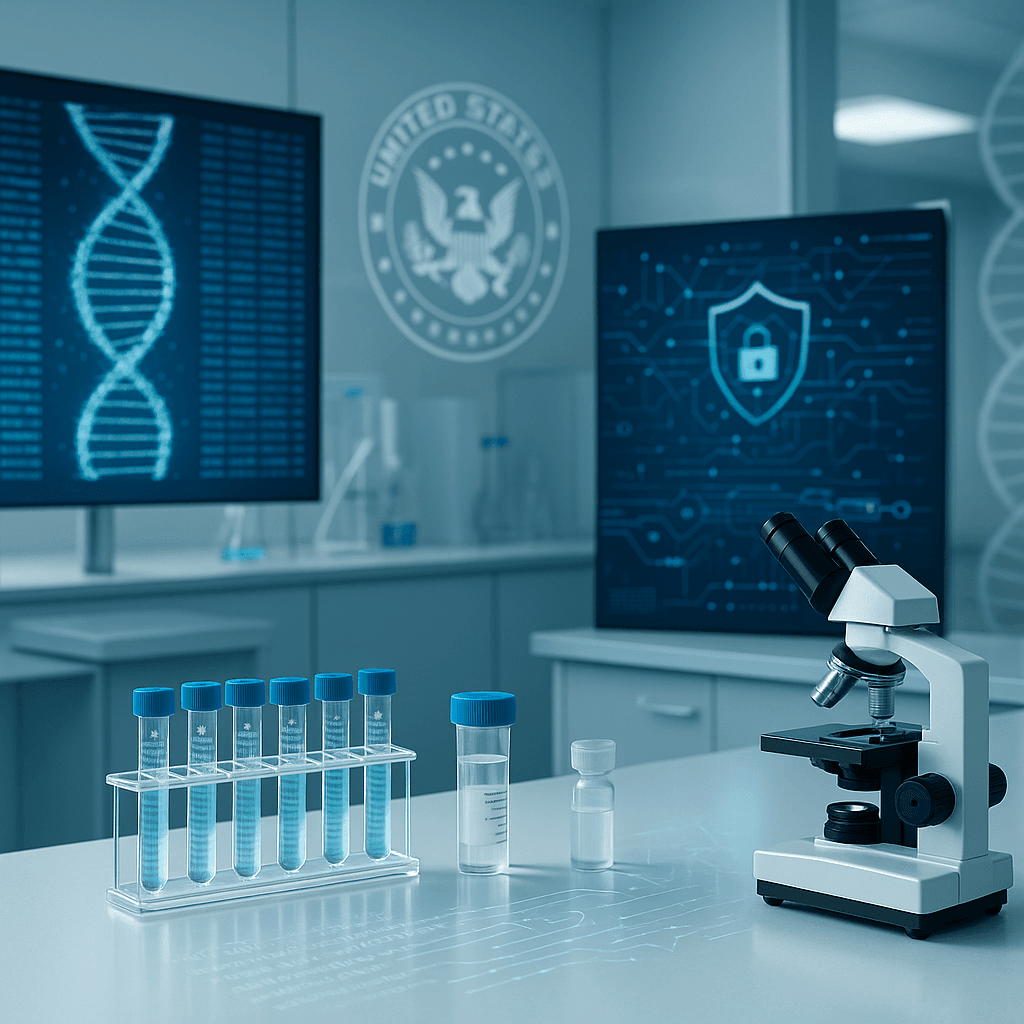The Department of Homeland Security has been quietly harvesting DNA from nearly 2,000 US citizens - including children as young as 14 - and feeding it into the FBI's criminal database without congressional authorization. Newly released government data exposes a surveillance program that's been operating in legal gray areas since 2020, raising serious questions about civil liberties and government overreach.
The numbers tell a disturbing story. Between 2020 and 2024, Customs and Border Protection agents collected DNA from nearly 2,000 US citizens and funneled those genetic profiles directly into CODIS, the FBI's nationwide criminal database. Among them were 95 minors - some as young as 14 - along with travelers who were never charged with any crime.
"Those spreadsheets tell a chilling story," Stevie Glaberson, director of research and advocacy at Georgetown's Center on Privacy & Technology, told WIRED. "They show DNA taken from people as young as 4 and as old as 93 - and they also show CBP flagrantly violating the law by taking DNA from citizens without justification."
The scale of this genetic surveillance expansion is staggering. DHS has pumped roughly 2.6 million profiles into CODIS since 2020, fundamentally reshaping what was once a database focused on convicted offenders. By April 2025, the detainee index had swelled to over 2.6 million profiles - and here's the kicker: 97% were collected under civil, not criminal, authority.
This massive shift started with a bureaucratic move that flew under the radar. In April 2020, the Justice Department quietly revoked a long-standing waiver that let DHS skip DNA collection from immigration detainees. That single rule change opened the floodgates for mass genetic sampling at the border and beyond.
Former FBI Director Christopher Wray saw the tsunami coming. During 2023 Senate testimony, he warned that DHS's DNA deluge was overwhelming the bureau's systems. The agency went from processing a few thousand samples monthly to 92,000 - more than 10 times its historical intake. The surge created a backlog of 650,000 unprocessed kits, potentially letting detained individuals slip through the cracks before their genetic profiles could flag investigative leads.
But the program's legal foundation remains shaky at best. Federal law reserves mandatory DNA collection for criminal arrests, yet CBP officers have been exercising broad discretion to swab citizens in civil proceedings. Many cases show agents leaving the "charges" field blank or invoking civil penalties as justification - clear violations of statutory boundaries, according to privacy experts.











